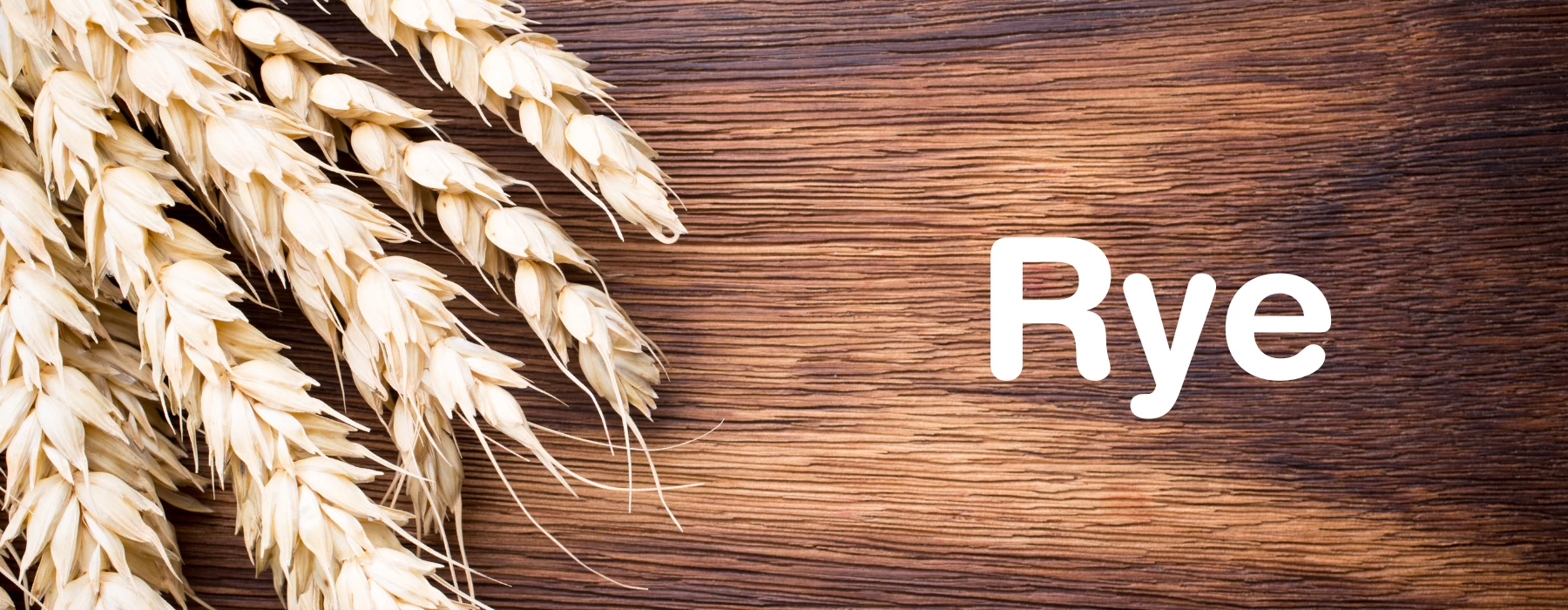
Rye breads are darker in colour and earthier in taste, when compared to white bread. In addition to this it also provides several health benefits.
Light rye bread: Made from only white rye flour.
Dark rye bread: Made from ground whole rye grains.
Marbled rye bread: Made from a mixture of light and dark rye dough rolled together.
Pumpernickel bread: Made from coarsely ground whole rye grains.
Nutritional facts of rye bread per bread (32 grams):
|
Calories |
83 |
|
Protein |
2.7 grams |
|
Carbs |
15.5 grams |
|
Fat |
1.1 grams |
|
Fiber |
1.9 grams |
|
Selenium |
18% of RDI |
|
Thiamine |
11.6% of RDI |
|
Manganese |
11.5% of RDI |
|
Riboflavin |
8.2% of RDI |
|
Niacin |
7.5% of RDI |
|
Vitamin B6 |
7.6% of RDI |
|
Copper |
6.6% of RDI |
|
Iron |
5% of RDI |
|
Folate |
8.8% of RDI |
Small amounts of zinc, pantothenic acid, phosphorus, magnesium, calcium, and other micronutrients are also found in rye bread. Rye bread is rich in soluble fiber which is indigestible, and forms a gel like substance and helps to remove cholesterol rich bile from body and blood. Hence, rye bread can help lower the cholesterol level which in turn improves heart health.
Rye bread can also help in blood sugar control. It is high in soluble fiber which helps slow down the process of digestion and absorption of carbs, leading to gradual increase in blood sugar levels. In addition it also contains compounds like ferulic acid and caffeic acid which slow the release of sugar and insulin in the bloodstream. As the soluble fiber content is high in rye bread, it helps in improving digestive health and helps keep your bowels regular. In addition it also helps you feel full for longer. It also helps in reducing weight and decreases the risk of colon cancer.
It contains antinutrients like phytic acid. Being high in fiber and gluten, it may cause bloating in some people. It is unsuitable for people who are on a gluten free diet, like those suffering from celiac disease. To enhance the taste of rye bread, high amounts of sugar can be added to it.